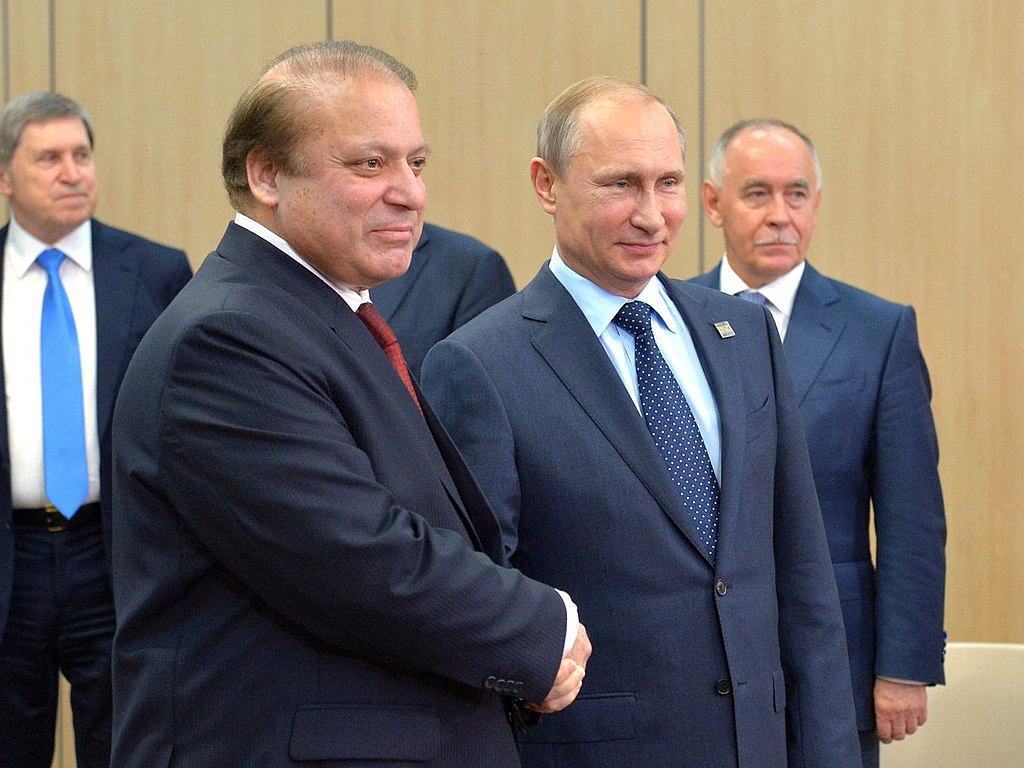2024 Global Elections: A Generation Defining Moment
According to Maria Ressa, The 2021 Nobel Laureate for Peace, “We will know whether democracy lives or dies by the end of 2024.” The statement seems hyperbolic. However, some 4 billion people in 60 countries — more than half the world’s population — will hold regional, legislative, and national elections this year. The outcome could very well alter the geopolitical landscape of the coming years.
Among those is the upcoming U.S. presidential elections in November. Mainstream media is currently saturated with election coverage. Think-pieces and countdowns are churned out left and right. Audiences, which include regular global citizens and the most influential people in world politics, will be tuning in. Considering the circumstances in 2020, this seems to be one of the most anticipated political events in recent memory.
At St. Lawrence University, where many of the domestic students will be eligible to vote, 2024 will be significant. For some, casting a vote will be the first time they exercise their agency in the political sphere. However, the consensus among certain groups seems to be that younger voters tend to be more apathetic in such events.
A source suggests a reason behind these attitudes, saying, “It does not matter if there’s more of us voting for one thing if the electoral college does its thing.” They cite the 2016 election, where Donald Trump became president due to winning the electoral college by becoming the front-runner in key states despite widely losing the popular vote.
Disinterest in national politics thus seems to be a natural response. There is no point in saying anything if your words fall on the ears of those who seek to silence you.
There has also been a further crackdown on voting rights, despite 23 states passing bills to make it more accessible. Fourteen have passed restrictive voting laws. Six have passed in regards to election interference legislation. BIPOC groups will feel the effects of some of these laws the most. Depending on where you are, it may not be a question of whether you want to but whether you can.
Yet, the Brookings Institute notes that youth turnout at the ballot has, in fact, increased since 2016. The demographic includes SLU students, many of whom are following the coverage with keen interest.
Allee Mack ’24, from the Andrew Goodman Foundation, says, “SLU students themselves tend to be more engaged when they disagree with the government’s policymaking.” To them, college-aged voters are looking at climate change, LGBTQ+ rights, racial equality, abortion, gun control and U.S. responses to international conflicts.
While people from traditionally vulnerable political demographics continue to face barriers when participating in politics, they are more motivated than ever to speak out. In a Nationwide Poll conducted by CIRCLE at Tufts University, at least a third of the 2000+ youth respondents mentioned having signed petitions or joined boycotts, and 1 in 7 participated in demonstrations. 28 percent said that they plan to protest and would do so if presented with the opportunity.
Indeed, after the overturning of Roe v. Wade by the Supreme Court, anti-LGBTQ legislature, and climate anxiety, there seems to be a sense of urgency. Young voters will feel it is time to fight for their future before it is too late.
The talking points feature heavily in the election coverage, particularly as people become further polarised and seek to vote under party lines, regardless of the actual effect such policies might have in the coming years.
Andrew Holland ’26, says,” Long-term issues are what matters in an election, even if we all know by now that there will always be some dispute to resolve.”
As futile as it might seem, considering how imperfect policymaking is, disengagement is not an answer. They conclude the conversation, saying, “It is an important time to recognize and show where you stand, especially in terms of social issues.”
In any case, 2024 will be a year to remember for SLU students. Some view it as a formative experience in building an influence in the political sphere. Some will find their lives noticeably unaltered. And yet, for many, this is also a crucial moment to stake their claims about a future they would like to be in charge of.



